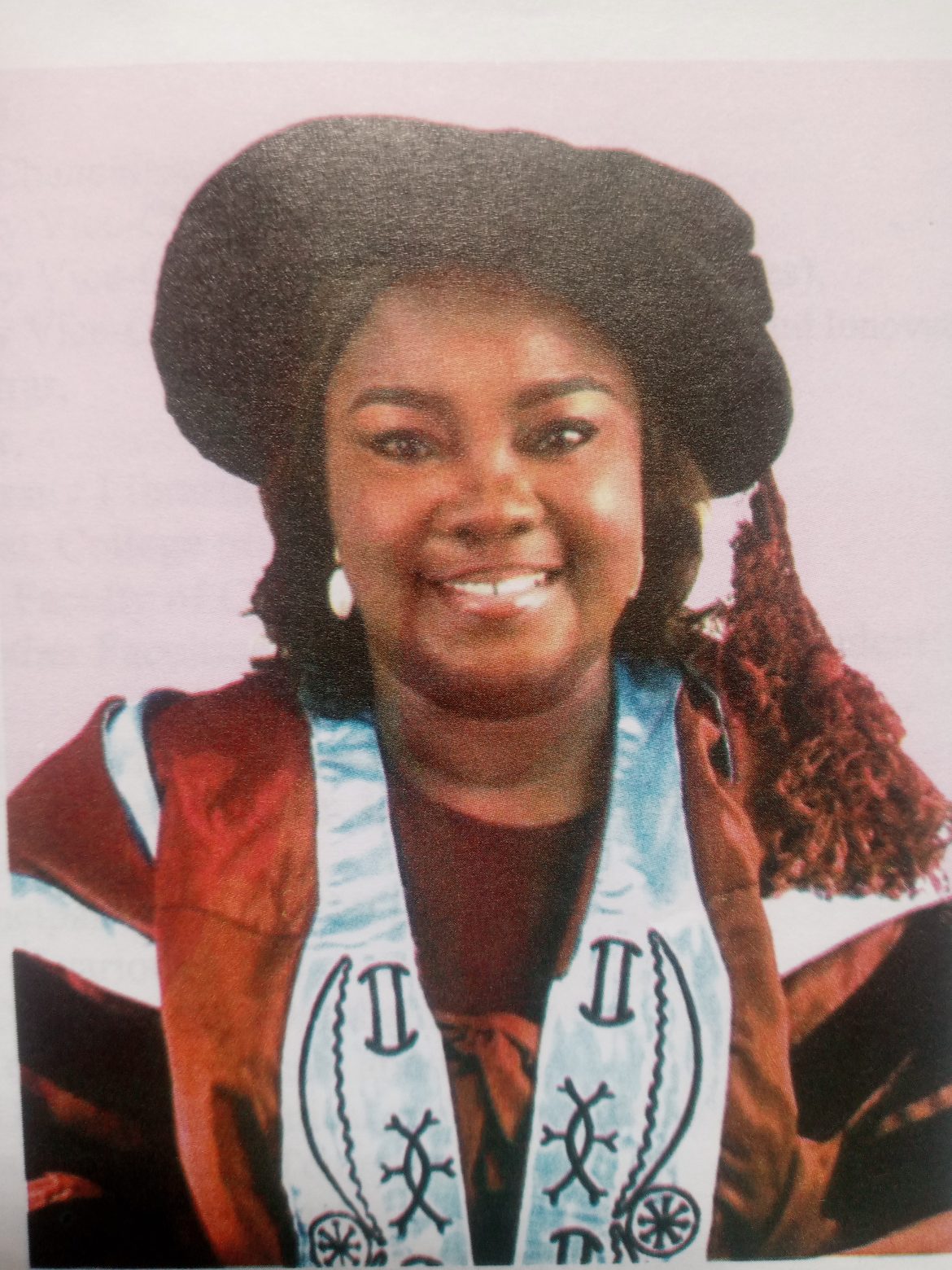Professor Feyi Grace Adepoju of the Department of Ophthalmology, University of Ilorin, has called for a decentralised, community-based approach to eye care in Nigeria to tackle the growing burden of avoidable blindness.
Delivering the University’s 290th Inaugural Lecture titled “The Quest and Conquest of Community Eye Care: Minding the Gaps,” Prof. Adepoju urged government, institutions, and individuals to work collectively in bridging gaps that hinder effective access to quality eye services.
She noted that less than one in three people needing eye care ever reach hospitals, stressing that those in rural communities and urban slums remain the most underserved.
“Eye care is not only about the patients who find their way to our hospitals; it is equally about the many unseen, unheard, and underserved in our communities.
”Legislation against couching, including the moderation and regulation of other harmful traditional eye practices, should be strongly ensured from all concerned stakeholders,” she said.
Prof. Adepoju highlighted key recommendations to strengthen eye health delivery in Nigeria. These include: Decentralised services to empower rural communities and make them attractive for health workers.
Others are: Institutional adoption where schools and service agencies adopt nearby communities for development; Integration of eye care into the primary healthcare system for inclusivity and Robust public education campaigns on eye health.
She also mentioned: Collaboration among government, NGOs, media, and philanthropists; Continuous training and retraining of eye care workers with community eye care included in curricula; Philanthropic support through screenings and sponsorships for indigent patients; Free eye care policy for persons aged 60 and above and Legislation against harmful traditional practices such as couching.
According to her, the sector faces shortage and poor distribution of skilled personnel, inadequate infrastructure, high cost of equipment, weak integration of primary eye care, insecurity, and the mass migration of health professionals abroad.
She also highlighted harmful cultural practices, poor diets, smoking, and alcohol consumption as contributors to eye diseases.
Prof. Adepoju narrated her team’s pioneering role in taking eye care directly to communities, contrary to the old practice of waiting for patients in hospitals.
Her outreach programmes screened more than 300,000 people, provided glasses to many, and facilitated over 20,000 surgeries.
In some rural interventions, improvised tools such as wooden Snellen charts, torches as penlights, and even a car battery to power an operating microscope were deployed.
She explained that markets, schools, farms, village squares, and even social gatherings such as weddings and funerals were used as platforms for eye health advocacy.
“We used every opportunity, World Sight Day, World Glaucoma Week, Children’s Day, weddings, even funerals, to advance the quest and conquest of community eye care, always keeping our eyes on the gaps,” she said.
Concluding her lecture, Prof. Adepoju envisioned a Nigeria where no one goes blind from preventable causes.
“For me, preserving vision and restoring sight is not merely a slogan; it is my life’s work, my calling, and my charge to all of us. Together, let us restore vision, renew lives, and ensure that community-based eye health thrives as a shared responsibility,” she said.
